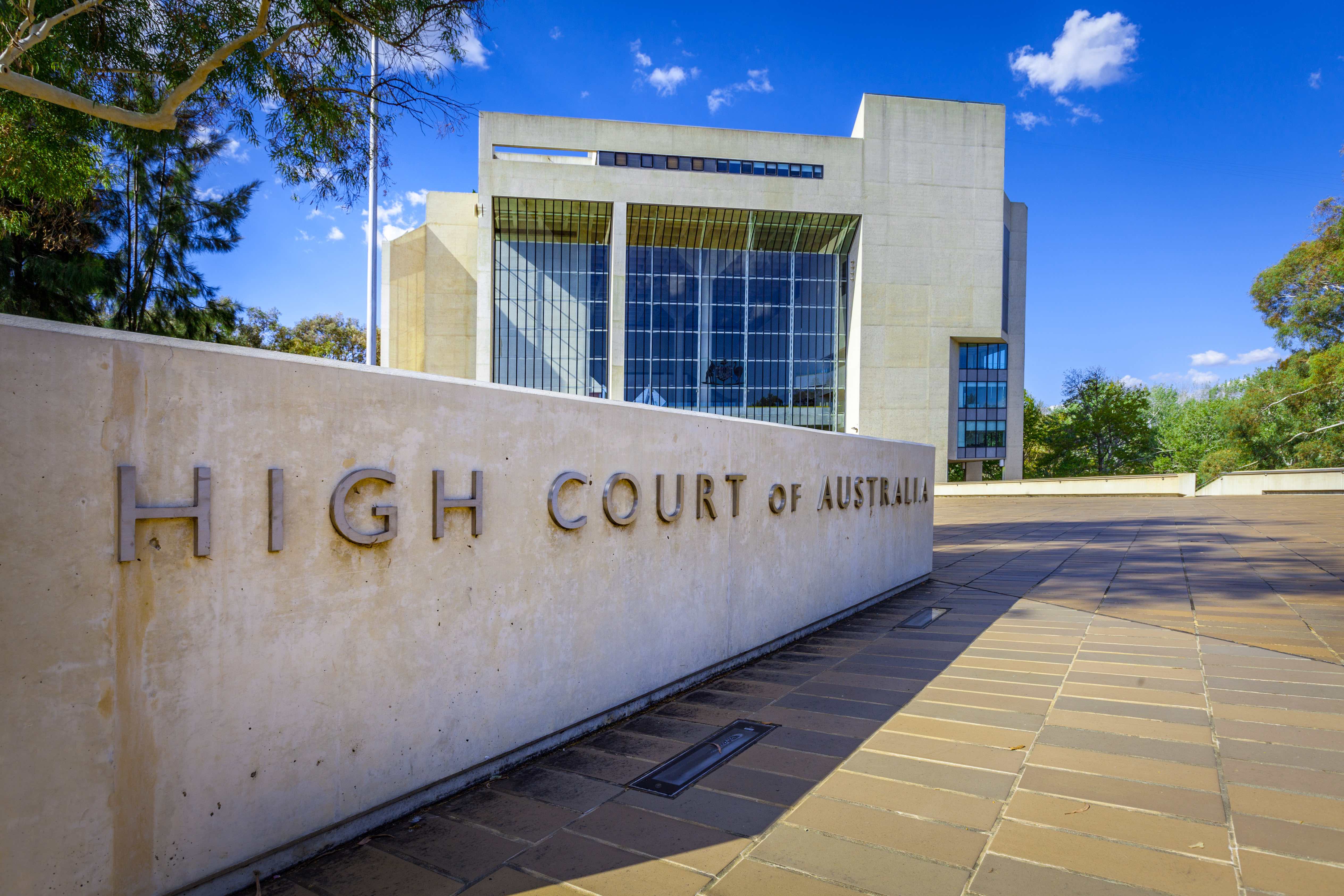High Court (single Justice). Can it be said that, although "a separate visa was granted to each of the First, Second and Third Plaintiffs, nevertheless the Second and Third Plaintiffs were each a "holder" of the Protection visa granted to the First Plaintiff"? Was r 2.55 of the Migration Regulations 1994 (Cth) a prescribed method for the giving of a NOICC under s 119(2) of the Migration Act 1958 (Cth)?
The High Court described the background as follows:
1. The five plaintiffs, who are members of the same family unit, seek a declaration that a decision made on 19 December 2019 by a delegate of the defendant ("the Delegate") to cancel the plaintiffs' Protection visa (Class XA) (subclass 866) ("the Cancellation Decision") was made beyond power and that a writ of certiorari should issue to quash the decision. The reference to the plaintiffs' Protection visa is in fact a reference to the visa held by the First Plaintiff or the visas held by the First, Second and Third Plaintiffs. The First Plaintiff and Second Plaintiff are husband and wife respectively. The Third, Fourth and Fifth Plaintiffs are their children. The Fourth and Fifth Plaintiffs were born in Australia and, being family members of the First to Third Plaintiffs, are also affected by the Cancellation Decision.
3. It is common ground that neither the Federal Circuit and Family Court of Australia (Division 2), nor the Federal Court of Australia, has jurisdiction to hear the First, Second and Third Plaintiffs' challenge to the Cancellation Decision. ... [T]he Federal Circuit and Family Court of Australia does have jurisdiction to hear the Fourth and Fifth Plaintiffs' challenge to the Cancellation Decision ...
Some of the questions to the High Court (HCA) were as follows:
Question 1: Should the Court proceed to determine all the plaintiffs' applications to avoid parallel proceedings in another Court?
Question 2: Can it be said that, although "a separate visa was granted to each of the First, Second and Third Plaintiffs, nevertheless the Second and Third Plaintiffs were each a "holder" of the Protection visa granted to the First Plaintiff"?
Question 3: Is the fact that the grant of the visas was notified in a single document a record of, and evidence that, the First Plaintiff's visa was jointly held?
Question 4: Was r 2.55 of the Migration Regulations 1994 (Cth) not a prescribed method for the giving of a NOICC under s 119(2) of the Migration Act 1958 (Cth), with the result that the delegate had to consider the appropriate way to give the NOICC?
Question 5: Was the cancellation decision invalid because the NOICC was not notified to the Second or Third Plaintiffs?
Question 6: Must the reasonableness of the preliminary procedural steps to cancel the visa be assessed recognising that, "if the Minister provides the NOICC in the prescribed way, and the visa holder does not respond to the invitation within the specified time, the Minister is permitted to make the decision about cancellation without taking any further action about the information"?
Question 7: Is legal unreasonableness assessed at the time of the performance of the duty?
Question 8: Once the NOICC was served in accordance with the prescribed method, was the delegate obliged to take further steps to bring the NOICC to the attention of the First Plaintiff?
Question 9: Was it necessary that the First Plaintiff in fact receive the NOICC?
The HCA answered those questions as follows:
The remainder of this article is only available to Case Law and Platinum subscribers.
Read our Terms & Conditions and upgrade below:
Monthly Subscriptions
Annual Subscriptions
Where GST applies, the above amounts are inclusive of GST.
Content Types
Basic Content includes basic news, some media articles and selected announcements.
Premium Content includes all our content, except for Case Law Content. In other words, it includes Basic Content, plus all our articles on legislative and policy changes, industry updates and the Migration Legislation Tracker.
Case Law Content includes Basic Content, plus case law summaries, analysis and extract, but does not include Premium Content.
Platinum Content includes Basic Content, plus Premium Content, plus Case Law Content. In other words, it includes ALL our content.
If you already have a Case Law or Platinum subscription, click on 'Login' below.











